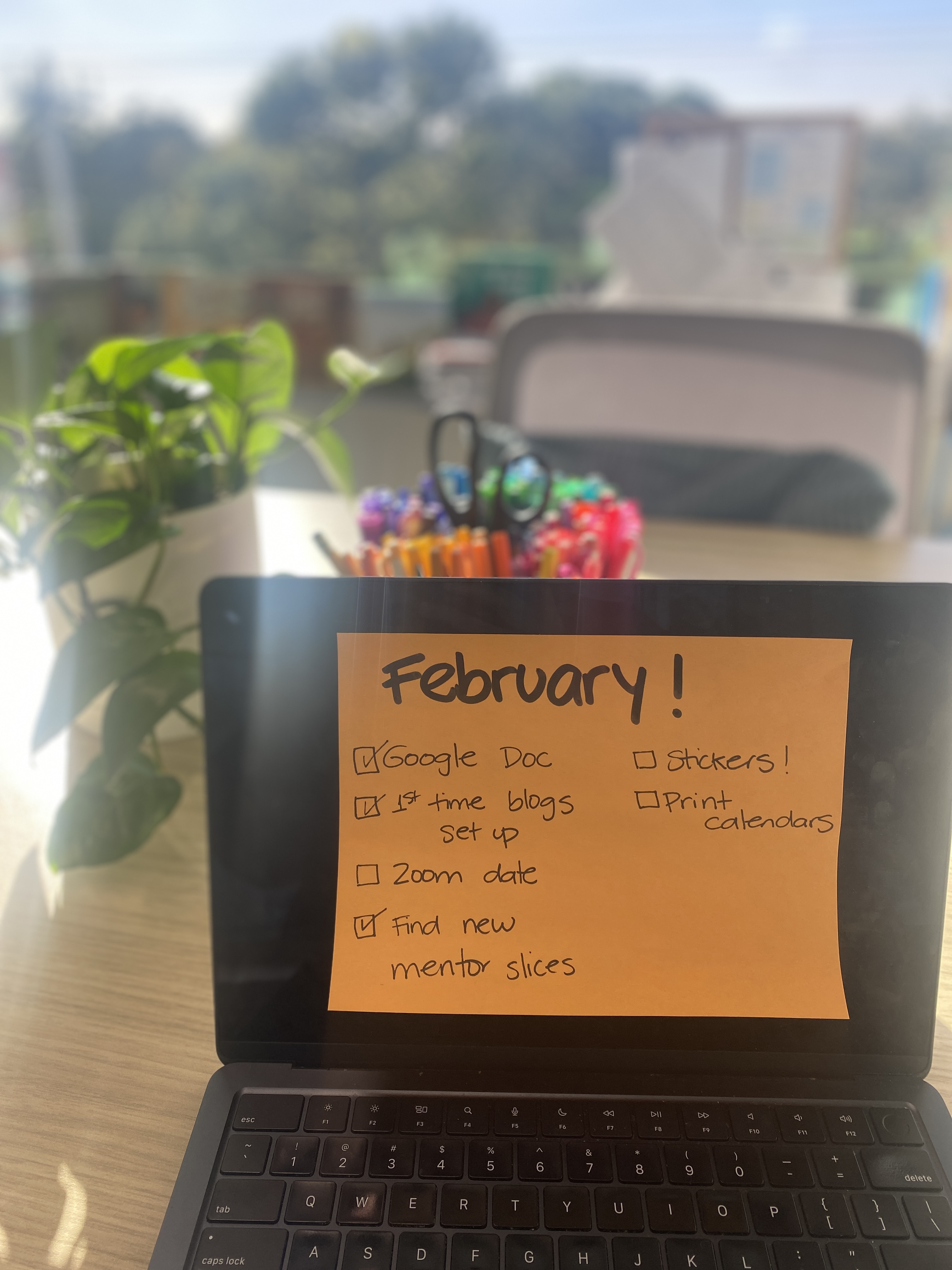At my school we have Professional Development clusters. They give us an opportunity to learn together about whatever we as teachers need or want. This round I chose to read and discuss Making the Most of Small Groups by Debbie Diller (Stenhouse, 2005). I really want to do a better job with small groups, and I want to stop feeling so overwhelmed with the challenge of meeting the needs of every student as a reader. I started reading this book, and on page four I found this: "The focus in small-group teaching is on having the child do more of the work than you are." Debbie had me hooked!
Then came a gentle reminder: "Pay attention to your students, be open, and have fun. Small-group reading is a delight. It enables you to get to know your students better than you've ever known them before. They'll beg to meet with you." (p. 11)
I went on to finish the book in one sitting, and boy was it a lot to take... this book is packed with information! What I like about Debbie Diller's books is that she doesn't say anything that is entirely new or foreign to me - she reminds us about we already know. For example, when talking about comprehension, she mentioned that 'weak comprehenders may not recognize inconsistencies betwen what they read and their background knowledge.' (Isn't that the truth!) She goes on to explain that 'instead, they may ignore or modify information in the text so they can hold on to their current understanding, even if it is incorrect.'
This is not a book about guided reading, per se. It is more about how working with small groups fits in with the rest of the school day. The book is packed with sample lessons, teacher reflections, and even ideas for anecdotal notes from one-on-one conferences. The real treasures, though, are the appendices. There are lesson plan templates, possible lesson focuses for every aspect of literacy acquisition (comprehension, fluency, phonemic awareness, phonics and vocabulary!), and even ideas for organizing information and student assessments.
I can't wait to use some of her suggestions in my teaching.







No comments:
Post a Comment